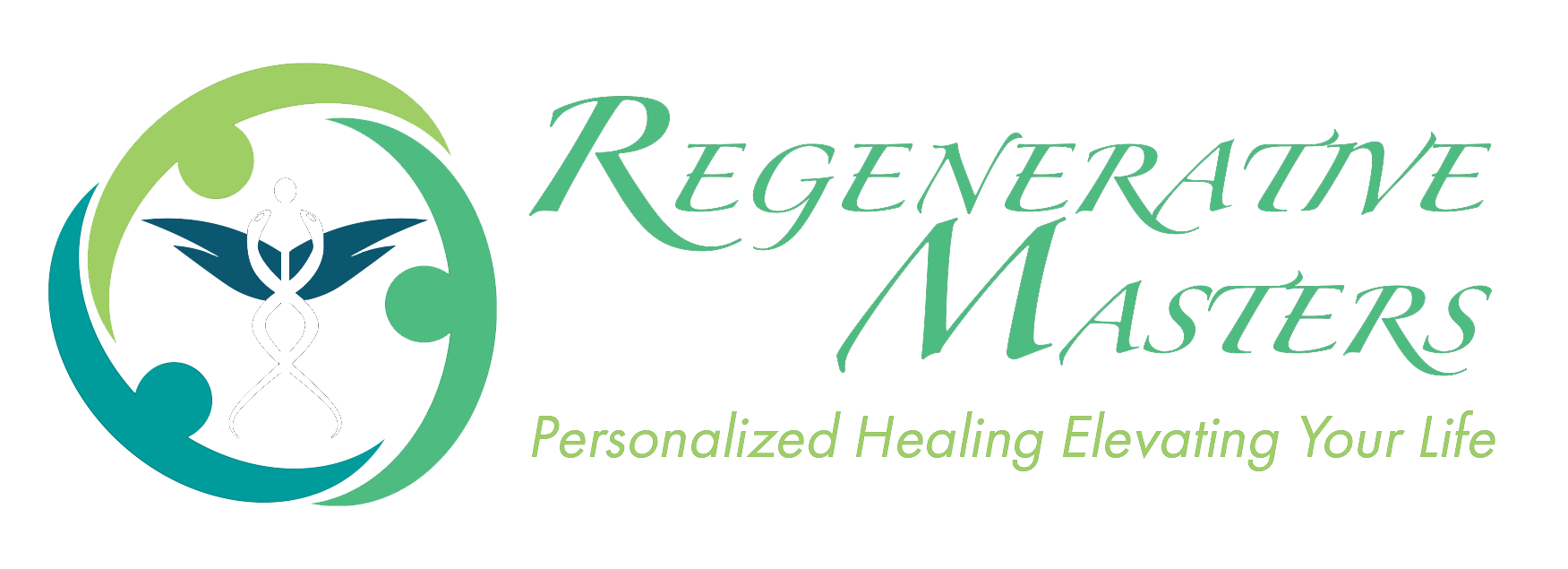The rotator cuff is a group of four muscles surrounding the head of your upper arm bone, helping keep your arm in place and aiding in its movement. Between the rotator cuff muscles and the top of the shoulder lies a lubricating sac called a bursa, which facilitates the movement of the rotator cuff tendons. However, if the rotator cuff tendons are injured or damaged, this bursa can become inflamed, leading to severe rotator cuff pain. A rotator cuff pain location diagram helps locate the exact location of the injury.
What Causes Rotator Cuff Injury
Various factors can cause a rotator cuff injury. Some of the common causes of the pain of rotator cuff muscles are as follows:
- Repetitive use of the rotator cuff muscles
- Frequent lifting of heavy objects
- Overhead actions
- Falling on an outstretched hand
- Heavy jerking
- Sports injuries
- Age-related degeneration
- Bone spurs that can rub against the rotator cuff tendons
- Poor posture
- Genetic factors
- Weak muscles
What are the Symptoms of Rotator Cuff Injury?
The symptoms of a rotator cuff tear are varied and can include:
- Recurrent pain, particularly during activities that involve the use of the shoulder
- Pain that makes it difficult to sleep on the affected side
- Sensations of grating or cracking when moving the arm
- Limited range of motion in the affected arm
- Muscle weakness in the shoulder
It’s important to remember that the symptoms of a rotator cuff tear can be similar to those of other medical conditions. Therefore, seeking medical advice from a healthcare provider is necessary for an accurate diagnosis.
What Are the Signs of a Torn Rotator Cuff?
The signs of a torn rotator cuff are as follows:
- Persistent pain in the cuff muscles
- Increased pain during physical activities involving the rotator cuff muscles
- Pain, even when the hand is resting
- Arm weakness that makes it difficult to lift objects
- Difficulty in rotating the arm
- Difficulty in trying to lift and keep objects overhead
- Struggling with everyday activities like combing the hair, buttoning, tying shoelaces, etc
- A crackling sensation in the shoulder
- Sensation of the shoulder locking
- A clicking or popping sound whenever the shoulder is rotated
- Mild to moderate swelling
- Tenderness in the affected area of the shoulder
How to Relieve Rotator Cuff Pain at Night?
Here are some ways you can manage rotator cuff pain at night.
- Sleep on your back and avoid sleeping on the affected side
- With a side pillow, you can keep your shoulder in place at night and alleviate pain
- Using a wedge pillow can reduce pressure on your shoulders
- Applying an ice pack or using a heating pad can also reduce pain
- Avoiding overhead activities during the day can help
- Physical exercises like stretching, yoga, and physiotherapy can also alleviate pain
- Maintaining a good posture is also helpful
- Over-the-counter pain relievers can temporarily reduce the pain
- Topical analgesics can also minimize pain
- Gentle massage is also helpful
The size of the rotator cuff tear is crucial for healing. Regenerative Masters offers alternative treatment for shoulder pain and rotator cuff tears. Our healthcare experts will help you access the necessary treatment and resources for physical and mental well-being. If you have a rotator cuff tear, contact us today by sending your details to info@regenerativemasters.com or calling (612) 800-5096.

